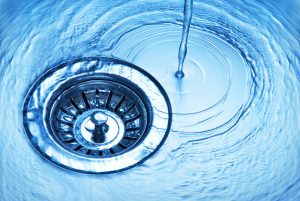 Sometimes the heat gets too unbearable and it’s a good idea to spend the day indoors. Staying cool, comfortable, and hydrated is a great way to pass a heatwave. With all our talk about AC maintenance and repairs, you’re probably feeling good that your HVAC system is good to go and nothing will stand in the way of your comfort—until your drains clog.
Sometimes the heat gets too unbearable and it’s a good idea to spend the day indoors. Staying cool, comfortable, and hydrated is a great way to pass a heatwave. With all our talk about AC maintenance and repairs, you’re probably feeling good that your HVAC system is good to go and nothing will stand in the way of your comfort—until your drains clog.
We know, the switch from AC to plumbing is quite the topic change, but with so much of our time being spent indoors these days, it’s worth talking about. Your bathroom plumbing in Plano, TX might not be in good condition, and you can kiss your comfort goodbye if you start dealing with a drain clog.
So, it’s time to shift away from our talk about air conditioning, and focus on a system that rarely gets the spotlight—our plumbing!


 Sewers aren’t the most complex systems in existence, but even with their simplicity, there are homeowners constantly asking us questions about them and how they operate. So, operating in good faith, we’d like to try and quell some of those inquiries by talking a bit about sewer systems. We’ll discuss how they work, what can go wrong with them, and the most common questions that homeowners ask us about them.
Sewers aren’t the most complex systems in existence, but even with their simplicity, there are homeowners constantly asking us questions about them and how they operate. So, operating in good faith, we’d like to try and quell some of those inquiries by talking a bit about sewer systems. We’ll discuss how they work, what can go wrong with them, and the most common questions that homeowners ask us about them. When we think of plumbing leaks, we usually think of water gushing from a pipe or a drain in our basements as we frantically try to plug it. However, unlike TV shows or movies, plumbing leaks don’t always occur out in the open for everyone to see. Sometimes your plumbing system will leak for hours, days, weeks, or even months without you knowing about it unless you’re paying attention.
When we think of plumbing leaks, we usually think of water gushing from a pipe or a drain in our basements as we frantically try to plug it. However, unlike TV shows or movies, plumbing leaks don’t always occur out in the open for everyone to see. Sometimes your plumbing system will leak for hours, days, weeks, or even months without you knowing about it unless you’re paying attention. How would you feel if all the water you drank turned brown today? We’re going to go out on a limb and say that you wouldn’t feel too happy about that. We’re also confident that many of the homeowners we service in our area have to deal with brown or rust-colored water and you might’ve gone through a few online searches trying to get to the bottom of the problem.
How would you feel if all the water you drank turned brown today? We’re going to go out on a limb and say that you wouldn’t feel too happy about that. We’re also confident that many of the homeowners we service in our area have to deal with brown or rust-colored water and you might’ve gone through a few online searches trying to get to the bottom of the problem.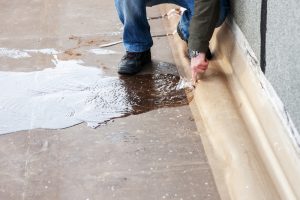 Slab leaks are one of the most insidious problems you can come across. To the uninitiated, a slab leak is when water starts to leak underneath the concrete foundation of your home. This can be especially devastating because these kinds of leaks are the hardest to repair (without paying a lot of money to dig under the foundation of your home) and they can cause the most amount of damage.
Slab leaks are one of the most insidious problems you can come across. To the uninitiated, a slab leak is when water starts to leak underneath the concrete foundation of your home. This can be especially devastating because these kinds of leaks are the hardest to repair (without paying a lot of money to dig under the foundation of your home) and they can cause the most amount of damage.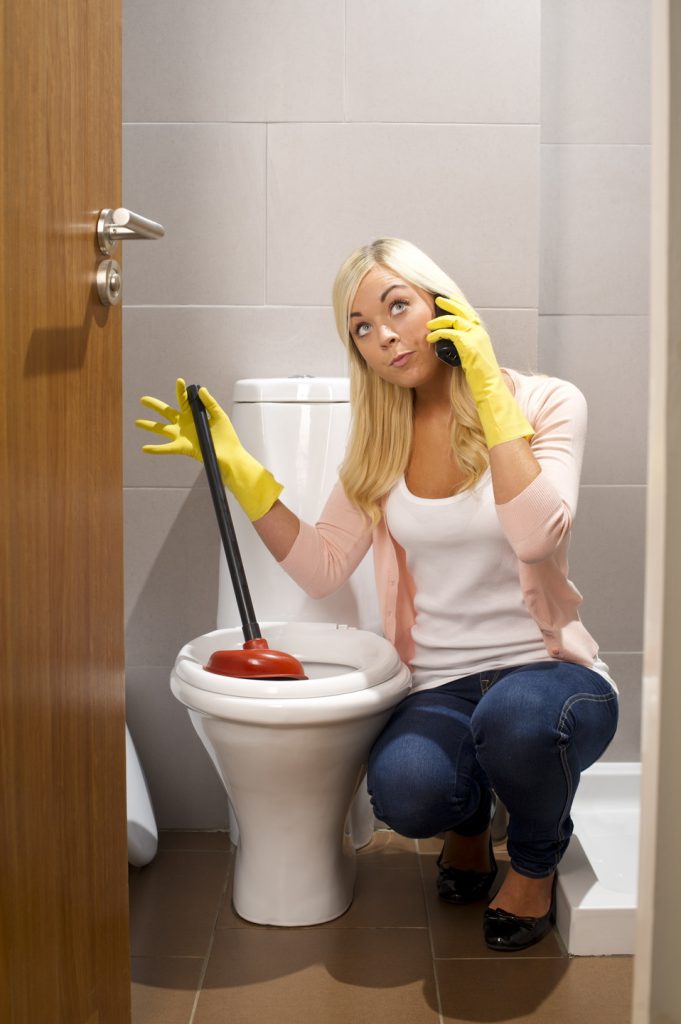
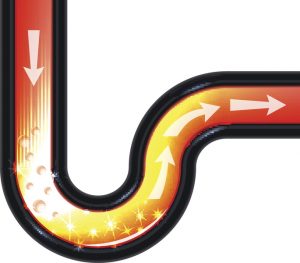 If there is a single plumbing problem that we can pretty much guarantee that every homeowner will encounter at some point, then it is definitely the clogged drain. Just because clogged drains are inevitable doesn’t mean that you have to actively help them to form, though. If you think you’re not contributing to the drain clogs in your house, you’re probably being overly confident.
If there is a single plumbing problem that we can pretty much guarantee that every homeowner will encounter at some point, then it is definitely the clogged drain. Just because clogged drains are inevitable doesn’t mean that you have to actively help them to form, though. If you think you’re not contributing to the drain clogs in your house, you’re probably being overly confident.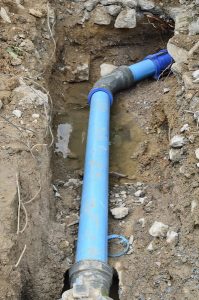 If your main water line stops supplying water, your quality of life is going to suffer. Just think: your home’s access to clean drinking water is reduced or cut off entirely. Your ability to shower, wash the dishes or the clothes, clean, and cook are all going to be heavily hindered.
If your main water line stops supplying water, your quality of life is going to suffer. Just think: your home’s access to clean drinking water is reduced or cut off entirely. Your ability to shower, wash the dishes or the clothes, clean, and cook are all going to be heavily hindered.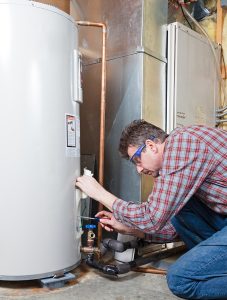 A good water heater will last you just over 10 years. However, that time can be shortened if your water heater’s tank develops a leak. There’s no way to patch up a leak in the tank, so your only option is a complete replacement—that’s a cost that no one wants to be surprised with.
A good water heater will last you just over 10 years. However, that time can be shortened if your water heater’s tank develops a leak. There’s no way to patch up a leak in the tank, so your only option is a complete replacement—that’s a cost that no one wants to be surprised with. You may not have wished for a plumbing emergency for the holiday season, but these accidents rarely occur when we want them to.
You may not have wished for a plumbing emergency for the holiday season, but these accidents rarely occur when we want them to.






